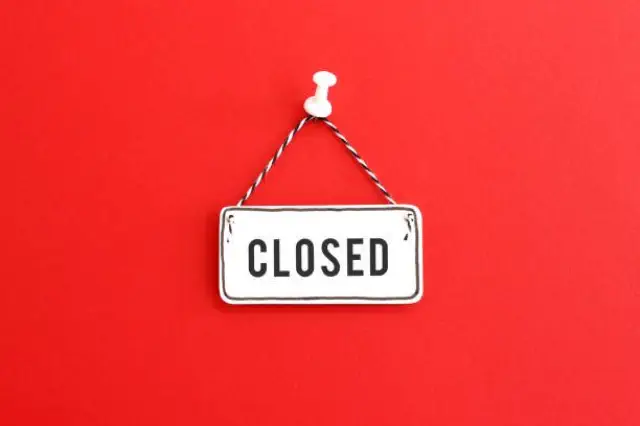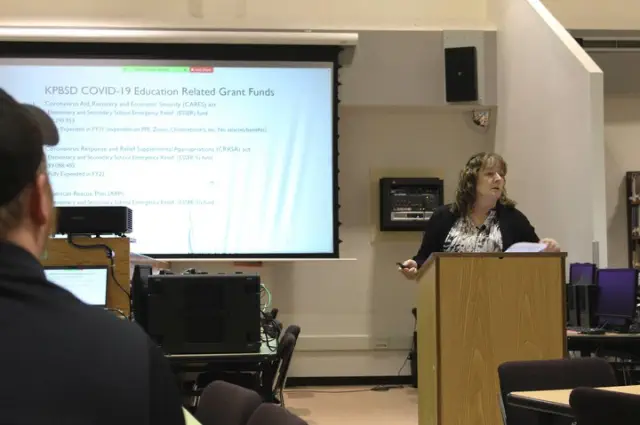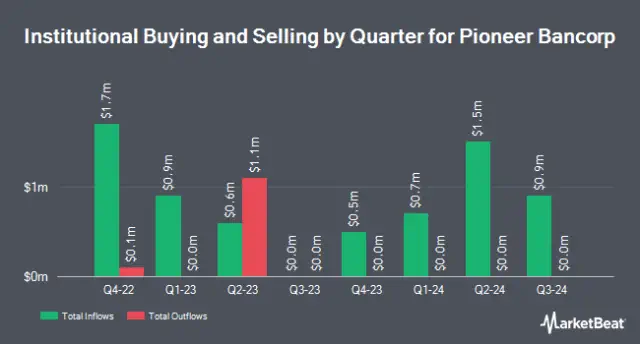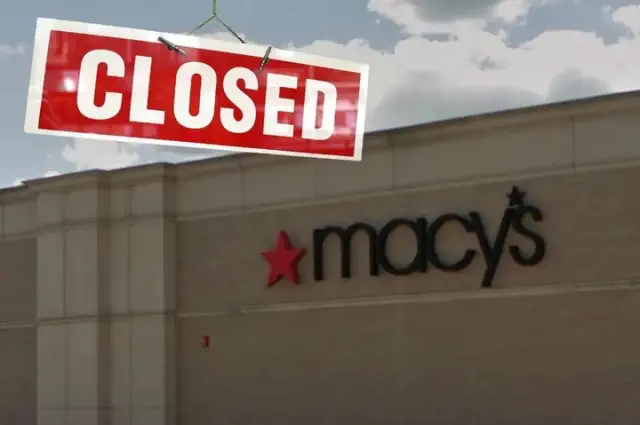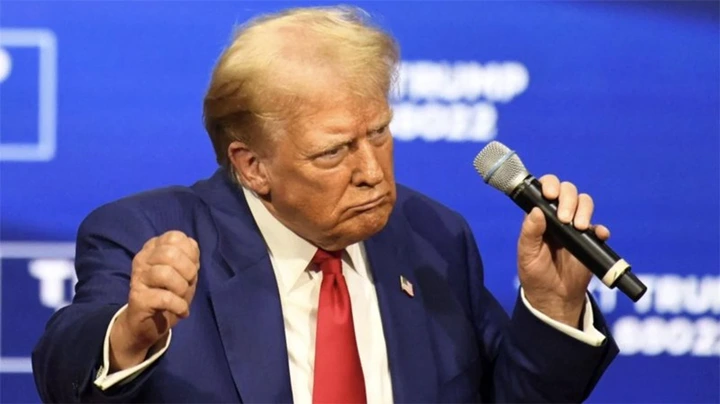
View pictures in App save up to 80% data.
As President-elect Donald Trump prepares to take the oath of office in just over a week, many Americans are attempting to minimize their own financial burden by purchasing foreign-made goods before his proposed tariffs go into effect.
The Guardian reported that U.S. residents who have been planning to buy goods that could be subjected to the tariffs have been acting preemptively to buy what they need before prices surge. The collectively worry among consumers isn't unwarranted, since large retailers like Walmart have already warned that any new tariff duties would be passed along to customers. This has led to Americans planning on making large purchases in the future to quickly revise their timelines.
"My partner is laying in supplies and materials for a new roof we had planned for the spring," West Virginia resident Jen Thomas told the outlet. "While the rush of a second Trump presidency is still exciting for many West Virginians, my partner and I are neither excited nor optimistic about the next four years."
The president-elect has proposed a 25% tariff on imports from Canada and Mexico, and a 10% tariff on all goods imported from China. CBS News reported in November that this could lead to steep price hikes on consumer electronics like smartphones, video game consoles and laptop computers, with smartphones potentially costing up to $213 more per device. Appliances could also come at a higher cost if the tariffs are imposed, with the National Retail Federation predicting Americans will spend anywhere from $6.4 billion to $10.9 billion more on appliances under the proposed new import duties.
"We're finally buying a new washer and dryer... something we've delayed because of medical expenses," said Liza Gilbert, a resident of La Crosse, Wisconsin. "It’s going to be even tougher to manage the costs come January."
The United States relies heavily on imported produce from Mexico, which suggests that grocery prices may rise as a result of Trump's tariff initiative. Carol Lee Wood, a resident of Virginia, shared with the Guardian that she has been purchasing essential grocery items in larger quantities, including rice, beans, powdered milk, and freeze-dried fruits and vegetables.
"Once [Trump] assumes office, everything is bound to skyrocket," Wood remarked. "I just wish I could hoard gasoline and avocados!"
Aside from consumers, American businesses are also cautioning Trump to not jack up tariffs on foreign imports. Timothy Boyle, who is the CEO of apparel company Columbia Sportswear, said in December that if the motivation behind Trump's signature policy proposal is to motivate companies to move production back to the United States, it would be a failure. He instead warned that it would further squeeze Americans already frustrated about high prices.
Boyle stated, "Bringing manufacturing and products back to the U.S. is simply not feasible at this time. Currently, consumers are the ones footing the bill for the tariffs. When they purchase goods produced overseas, they end up paying considerable tariffs that are factored into the prices... The expenses will continue to be transferred to consumers, just as they are now."





